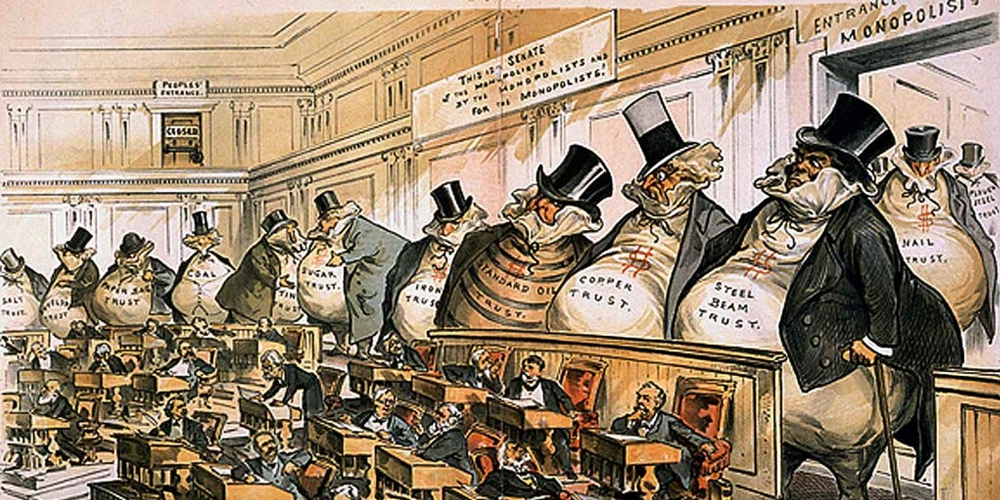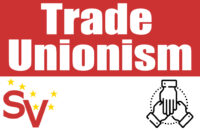Every uprising has a trigger. The Arab Spring erupted when a fruit vendor, Mohammad Bouazizi, set himself on fire in Tunisia. The words attributed to Marie Antoinette, “let them eat cake,” to people who had no bread are said to have pushed the people to the French Revolution. A peaceful rally on International Working Women’s Day was joined by the striking workers of the Putilov factory, which ignited the Russian Revolution, and the rest is history. While these were triggers, they acted upon material conditions that demanded an uprising.
The genocide and ethnic cleansing of the settler-colonial project of the state of Israel, which has ignited protests all over the world, is a trigger for already existing hardships imposed on people by neoliberal capitalism.
The spending by the state and spending by individuals are different in a basic way. When individuals try to spend within their earnings, governments have the power to make expenditures greater than their revenues, expecting future growth based on the investments they make. So, governments always have the liberty to keep expenditures higher than their revenues. But unfortunately, neoliberalism prohibits increasing revenues through taxing the rich and, in fact, gives them more tax cuts and incentives in the name of promoting investments and growth. In order to adhere to the fiscal deficit—the difference between revenues and expenditures—imposed by neoliberalism, the only choice is to reduce government spending. This manifests in cuts to public spending on education, healthcare, and transportation.
Privatisation is encouraged by neoliberalism to strangle government spending in the long run. The name given to it is “austerity”—a euphemism for the class war against the working people. We saw the inhuman face of austerity in an advanced country like the US, when state governments were prohibited from spending on medical care during COVID-19 and thousands were left to die.
Why does finance capital oppose fiscal deficit?
Because widening the fiscal deficit would require taxing the rich and transferring that wealth to the other class as welfare through public expenditure. This is seen as a class war against the rich and a means to reduce capital accumulation.
What happens if sovereign governments increase expenditure on the welfare of the people?
In the era of global finance capital, when a government with national interest intervenes in the economy favouring the working class, a flight of capital takes place, thereby destabilising the economy of that country.
Even though people in every country are infuriated by the war crimes in Gaza, they are also fed up with their own governments, which somehow find money—unavailable for housing, healthcare, or education—to fund the genocide and are complicit in ethnic cleansing.
Parallel to the mass mobilisations and radicalisation, obvious from the anger on the streets which is giving nightmares to monopoly capital, there is a rise of fascistic organisations in many countries. This is also a manifestation of the crisis in capitalism, where monopoly capital funds these fascistic outfits. This synchronised rise of fascist movements all over the world cannot happen without the support of monopoly capital and a complicit corporate media. It is similar to the unleashing of Blackshirts in Italy and Brownshirts in Germany during the Great Depression of the 1930s—funded by big corporations like Ford, IBM, Volkswagen, etc.—when inflation and unemployment were so high that it brought people onto the streets.
These fascist organisations are supported to attack the organised working class; we see that in the US, where any organisation that criticises the government is branded as “Antifa”—a dog whistle to make them vulnerable to fascist attacks. Neoliberal capitalism has exacerbated inequality to the extent that within a decade we might see the first trillionaire in human history, an obscenity of which we will all be witnesses. This is a reminder of Marx’s words regarding the capitalist mode of production:
“Accumulation of wealth at one pole and accumulation of misery at the other.” Words loud enough, even after 150 years, to declare that this system must be abolished and replaced with a better way of organising society—socialism.






